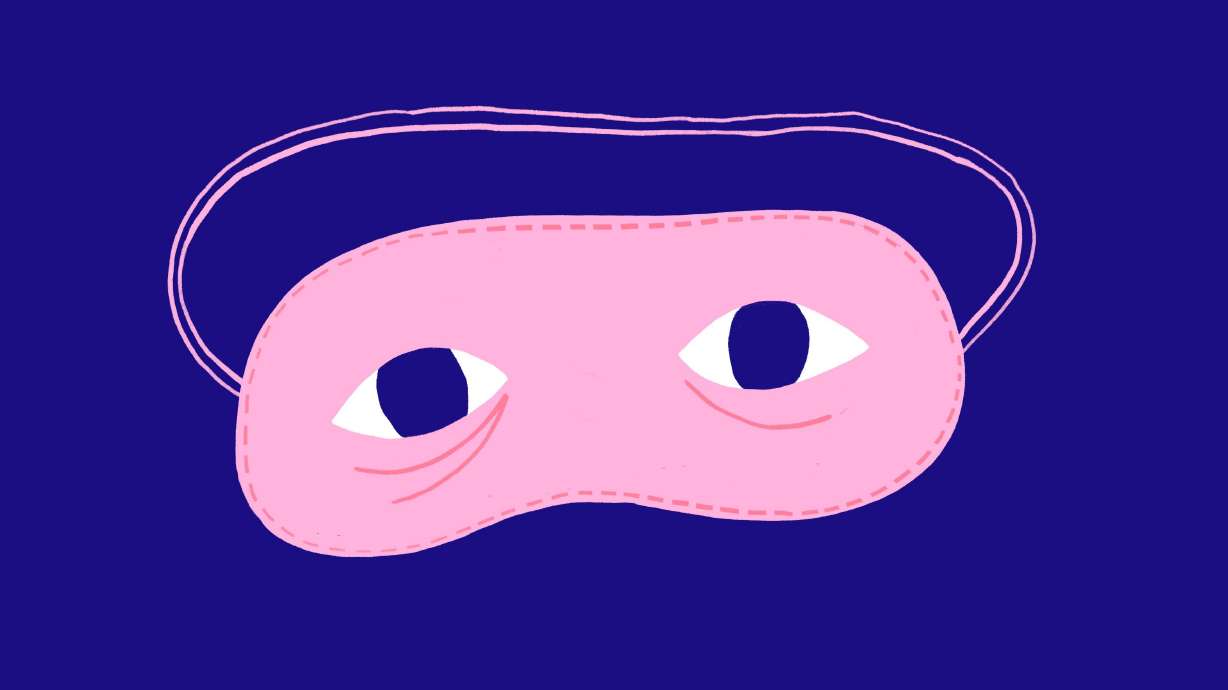Estimated read time: 3-4 minutes
This archived news story is available only for your personal, non-commercial use. Information in the story may be outdated or superseded by additional information. Reading or replaying the story in its archived form does not constitute a republication of the story.
SALT LAKE CITY — This week's health news shows how sleep — or rather its lack — can make you unhappy and hurt you emotionally, as well as what role artificial intelligence could play in solving what has been an intractable problem: antibiotic resistance.
Sleep problems and emotion
Sleep deprivation can contribute to unhappiness and higher levels of anxiety. Inadequate sleep undermines how well people function emotionally.
That's according to a study published by the American Psychological Association in the Psychological Bulletin that examined a half-century of research on sleep deprivation and mood.
"In our largely sleep-deprived society, quantifying the effects of sleep loss on emotion is critical for promoting psychological health," said study lead author Cara Palmer, of Montana State University, in a news release. "This study represents the most comprehensive synthesis of experimental sleep and emotion research to date, and provides strong evidence that periods of extended wakefulness, shortened sleep duration and nighttime awakenings adversely influence human emotional functioning."
The researchers looked at data from 154 studies with 5,715 participants. For each study, researchers had interrupted sleep for one or more nights and sometimes participants were kept awake for long periods of time. Some of the studies looked at the effects of interrupting sleep or shortened sleep.
Overall, the researchers found interrupted sleep, short sleep and sleep deprivation resulted in what they called "fewer positive emotions such as joy, happiness and contentment among participants, as well as increased anxiety symptoms such as a rapid heart rate and increased worry."
They say that the findings regarding depression were smaller and less consistent. The same was true for sadness, worry and stress.
Among limitations, they noted that the participants were mostly young adults and said future research should consider what happens among a more age-diverse group of participants.

Can AI find new antibiotics?
Antibiotic resistance, which renders antibiotics less effective against bacteria, is a big problem in health care. But researchers in a study at the Massachusetts Institute of Technology say that deep-learning artificial intelligence has discovered a class of compounds that can kill a drug-resistant bacterium that causes more than 10,000 deaths in the U.S. each year.
In a study published in Nature, the researchers said that the compounds killed methicillin-resistant Staphylococcus aureus, or MRSA, in a lab dish and in two mouse models of MRSA infection. They also noted that the compounds "show very low toxicity against human cells, making them particularly good drug candidates."
MRSA infects more than 80,000 people in the U.S. each year. The most severe cases often lead to sepsis, a serious infection in the bloodstream that can be fatal.
Because they were able to see what types of information the deep-learning model was using, it could help researchers come up with other drugs that might work even better, they said in a news release.
The researchers have shared their findings with Phare Bio, a nonprofit started as part of the Antibiotics-AI Project. The nonprofit now plans to do a more detailed analysis of the chemical properties and potential clinical use of these compounds.









